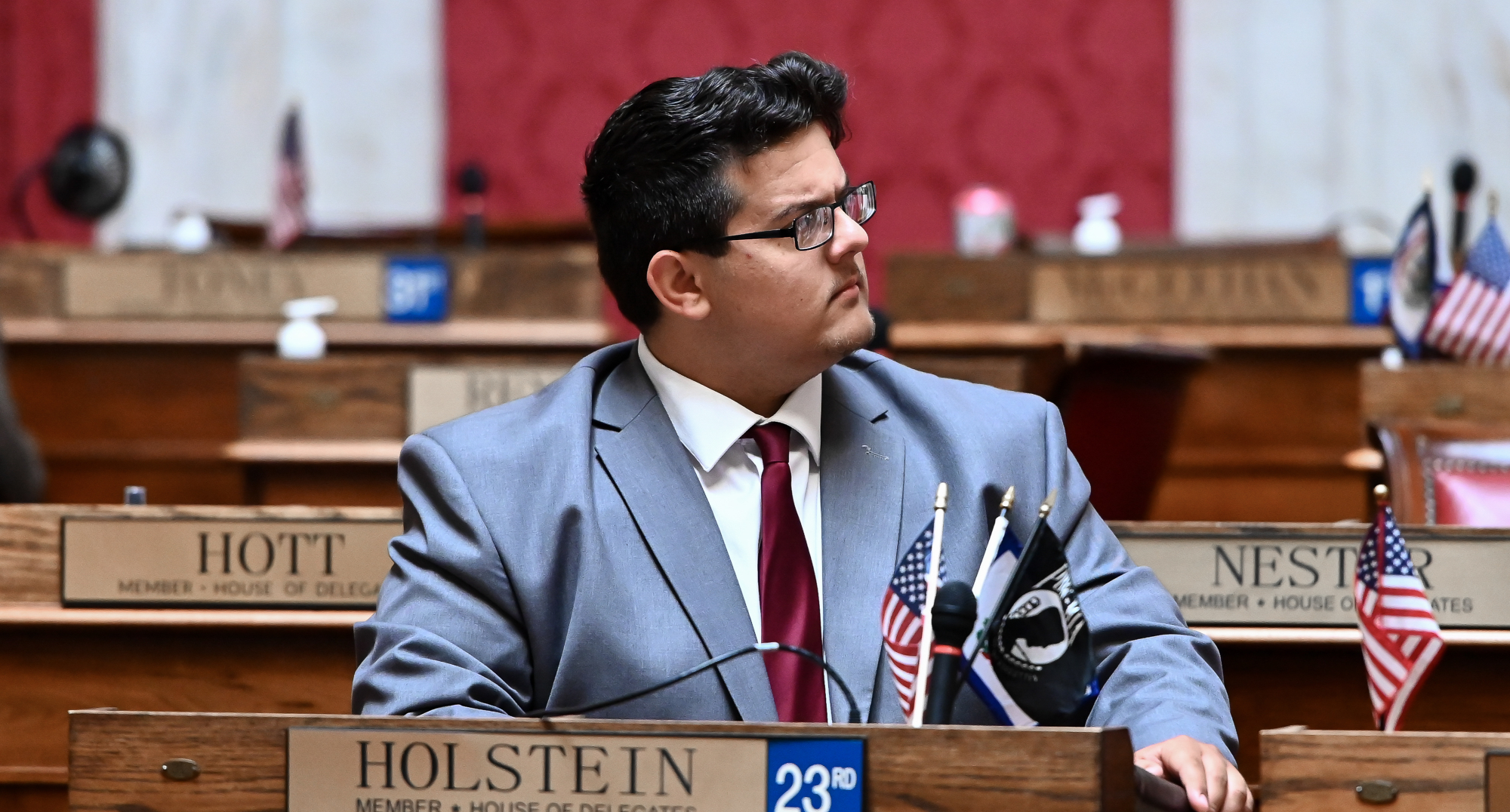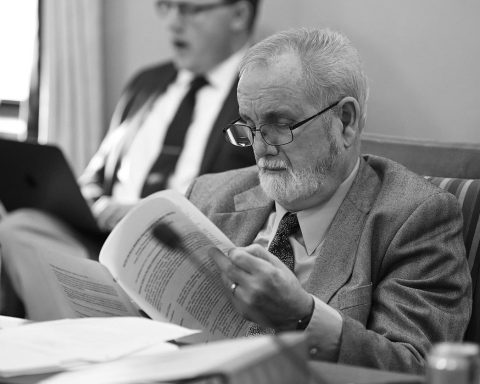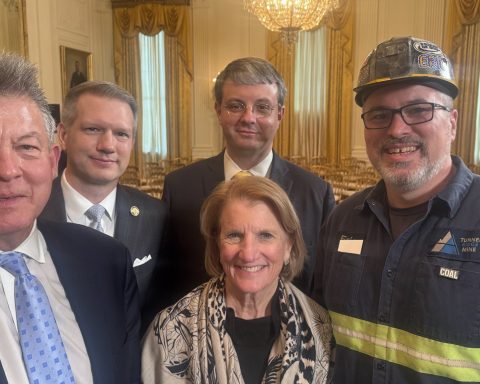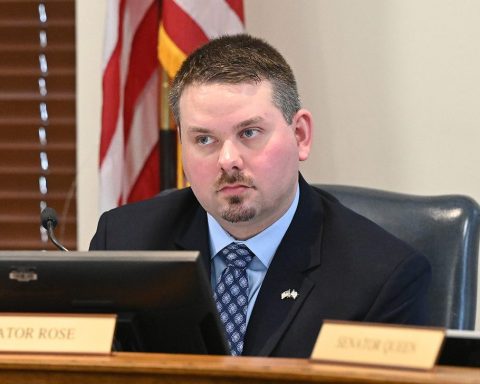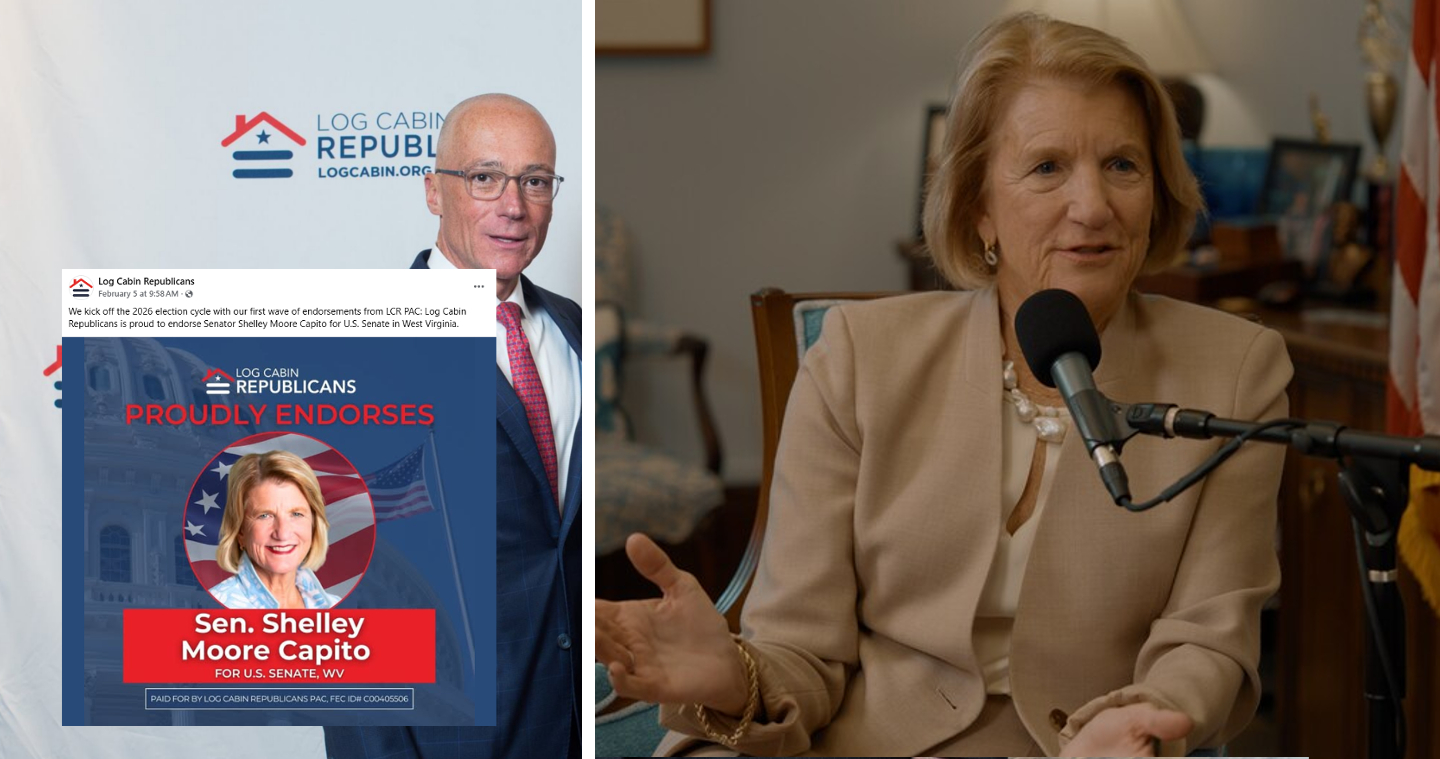CHARLESTON — The West Virginia House of Delegates has advanced a bill that attempts to make political satire a felony. House Bill 4963 creates an overly broad definition of “deep fake.” It opens the door for candidates to have their political opponents criminally prosecuted and charged with a felony if their opponent shares a photoshopped image without a proper disclaimer.
This bill would make certain ‘memes’ illegal, and repeat offenses punishable by up to five years in prison, a $10,000 fine, or both.
Del. Josh Holstein (R-Boone) was the bill’s lead sponsor.
It is a common practice on social media to create content that creates a comedic portrayal of politicians with the intent to exaggerate their qualities or features to attempt to get a certain point across. For example, fake audio using President Joe Biden’s voice and text-to-speech software are satirically produced and shared on social media. Often, these videos or audio clips are produced by teenagers or amateur iPhone users producing the content with a simple phone app. Holstein’s bill would make all such content a felony.
Critics of the legislation say that it was also sloppy with its requirement of using a disclaimer on satirical content or parody, as it did not provide the specific language of what a disclaimer should say to fit the exemption.
Holstein’s bill is a clear violation of the First Amendment of the United States Constitution, directly violating Hustler v. Falwell (1988). Satire cannot be regulated or prohibited.
This also creates an open door for lawmakers to criminally prosecute whistleblowers for sharing an unaltered photograph, video, or sound recording that attempts to expose wrongdoing, corruption, or questionable behavior. Under this bill, all a lawmaker or candidate would have to do is claim the unaltered material has been altered by technology, and the whistleblower would be subject to a criminal investigation. As deep-fake technology becomes indistinguishable from real videos and photos, it allows for real videos and photos to be discredited under the guise of a “deep fake.”
While the bill had overwhelming support among Republicans, it was met with bipartisan opposition. Del. Chris Pritt (R) and Del. Jim Butler (R), two notable conservatives, joined liberal lawmaker Del. Mike Pushkin (D) in opposition to the bill.
Holstein’s bill passed the House of Delegates 88-11.

